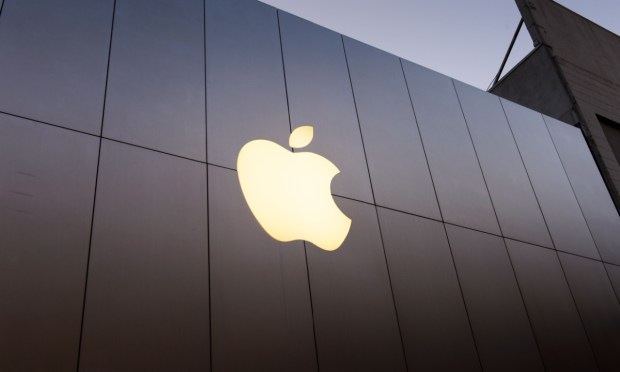
Apple Inc. has announced that its upcoming artificial intelligence (AI) features will be delayed and will not be included in the initial launch of the new iPhone and iPad software updates. The AI features, known as Apple Intelligence, are now expected to be rolled out to customers in October, a few weeks after the release of iOS 18 and iPadOS 18 in September. However, Apple will make the AI features available to software developers for early testing via iOS 18.1 and iPadOS 18.1 betas.
According to Bloomberg, the decision to delay the AI features is aimed at ensuring a smooth consumer release and addressing concerns over the stability of the technology. By giving developers more time to test and iron out any issues, Apple hopes to avoid any major bugs or glitches. The company is also planning to release multiple updates to iOS 18 over the next few years to introduce the full set of Apple Intelligence features.
Apple Intelligence includes various features such as prioritization of notifications, web page and voice note summaries, writing tools, a revamped Siri, and integration of OpenAI’s ChatGPT. However, even when the AI features are launched with iOS 18.1 and iPadOS 18.1, some functionalities, including significant changes to Siri, will still be missing.
The delay in the release of Apple Intelligence comes as the tech giant aims to compete in the rapidly growing AI space. The company believes that the new features could help drive sales of the upcoming iPhone 16 models, which are expected to have minimal design changes. With software-related enhancements and a faster chip, Apple hopes to attract customers with the AI capabilities of its new devices.
PYMNTS has reported on the significant developments and competition among tech giants and startups in the AI landscape. Microsoft’s Bing is introducing a generative search feature to rival Google’s AI-powered offerings. OpenAI has also unveiled a prototype called SearchGPT, which aims to enhance information retrieval capabilities. The emergence of AI-powered delivery bots, such as Vayu Robotics, is reshaping eCommerce logistics by promising to reduce delivery costs. Additionally, AI startup World Labs, founded by AI pioneer Fei-Fei Li, has achieved unicorn status with a valuation of $1 billion in just four months. The company focuses on teaching computers to understand the 3D world. The integration of AI with edge computing is also gaining momentum, with potential applications in retail and manufacturing.
As the AI boom continues, regulators are rushing to adapt and address potential antitrust issues. Competition watchdogs from the U.S., EU, and U.K. have joined forces to tackle concerns over market concentration and anti-competitive practices in the AI industry. They are particularly focused on controlling critical AI resources and scrutinizing tech giants’ investments. However, Meta has raised concerns about the EU’s strict AI regulations, warning of a potential “tech gap” between Europe and the rest of the world.